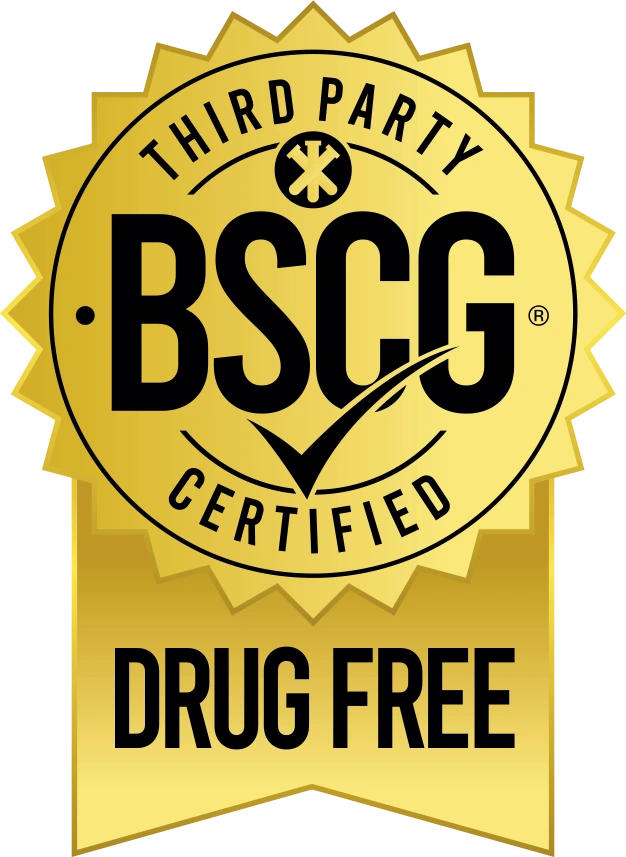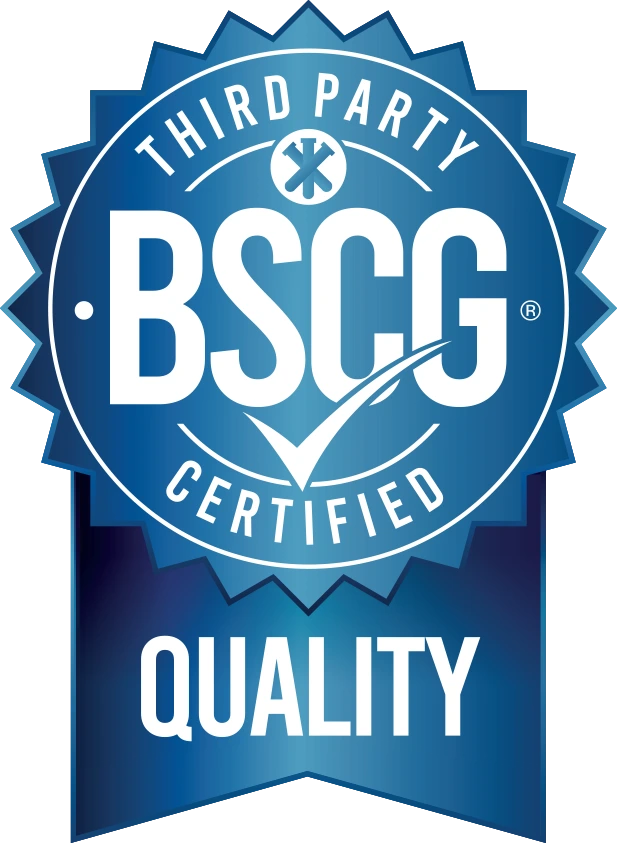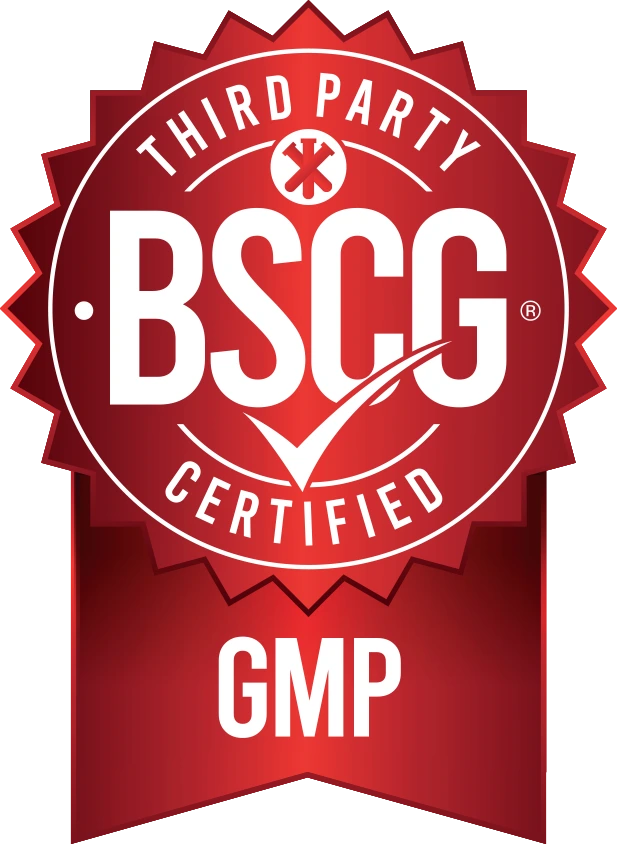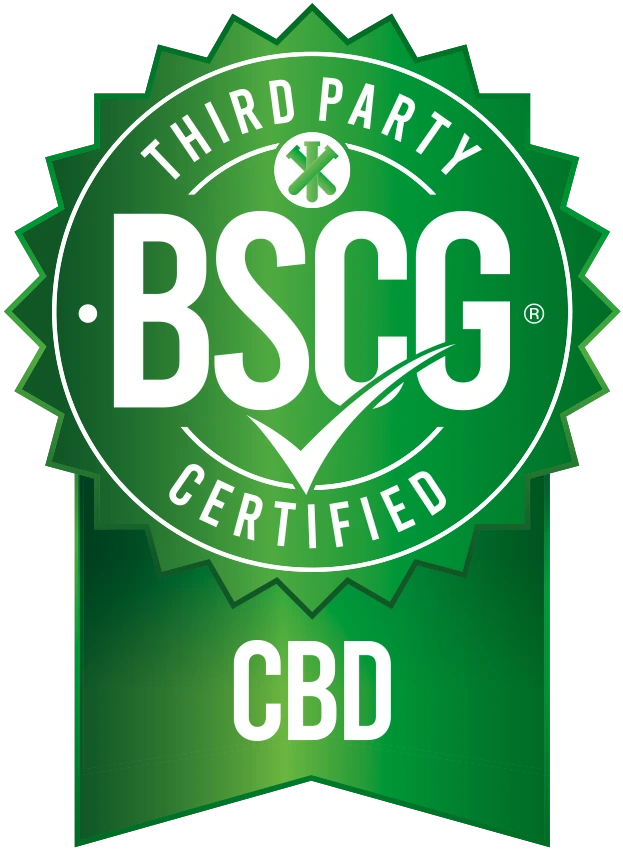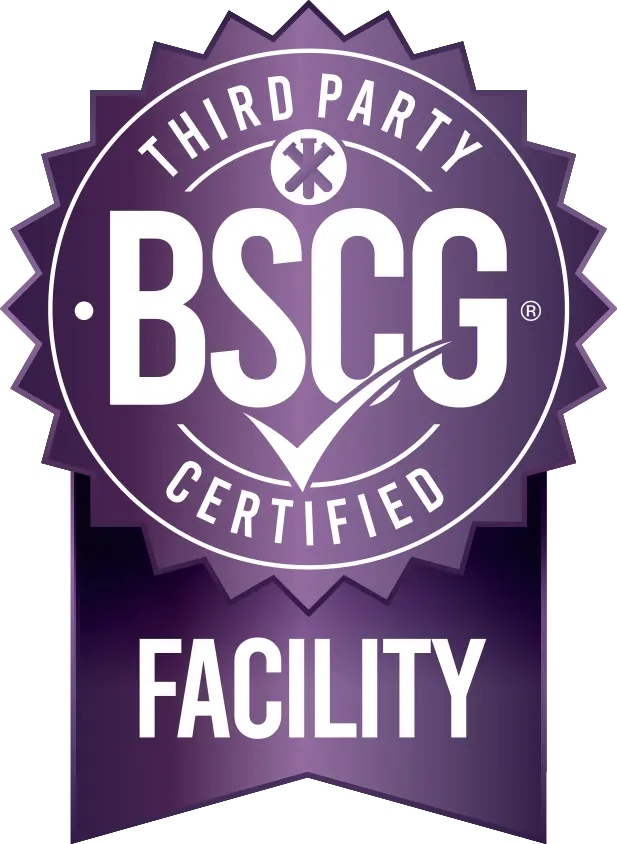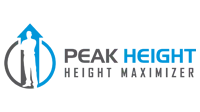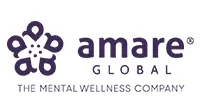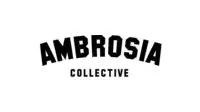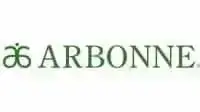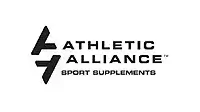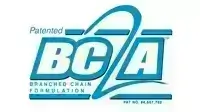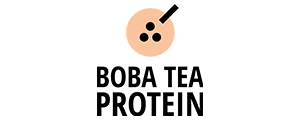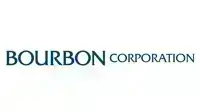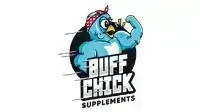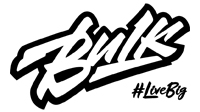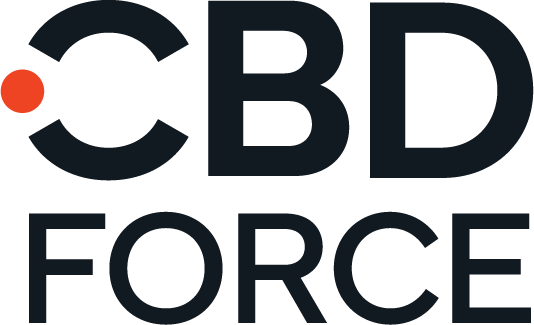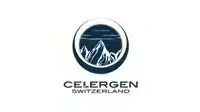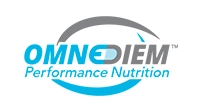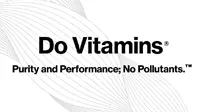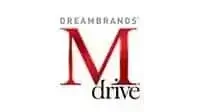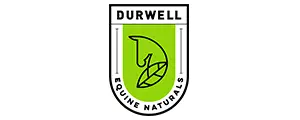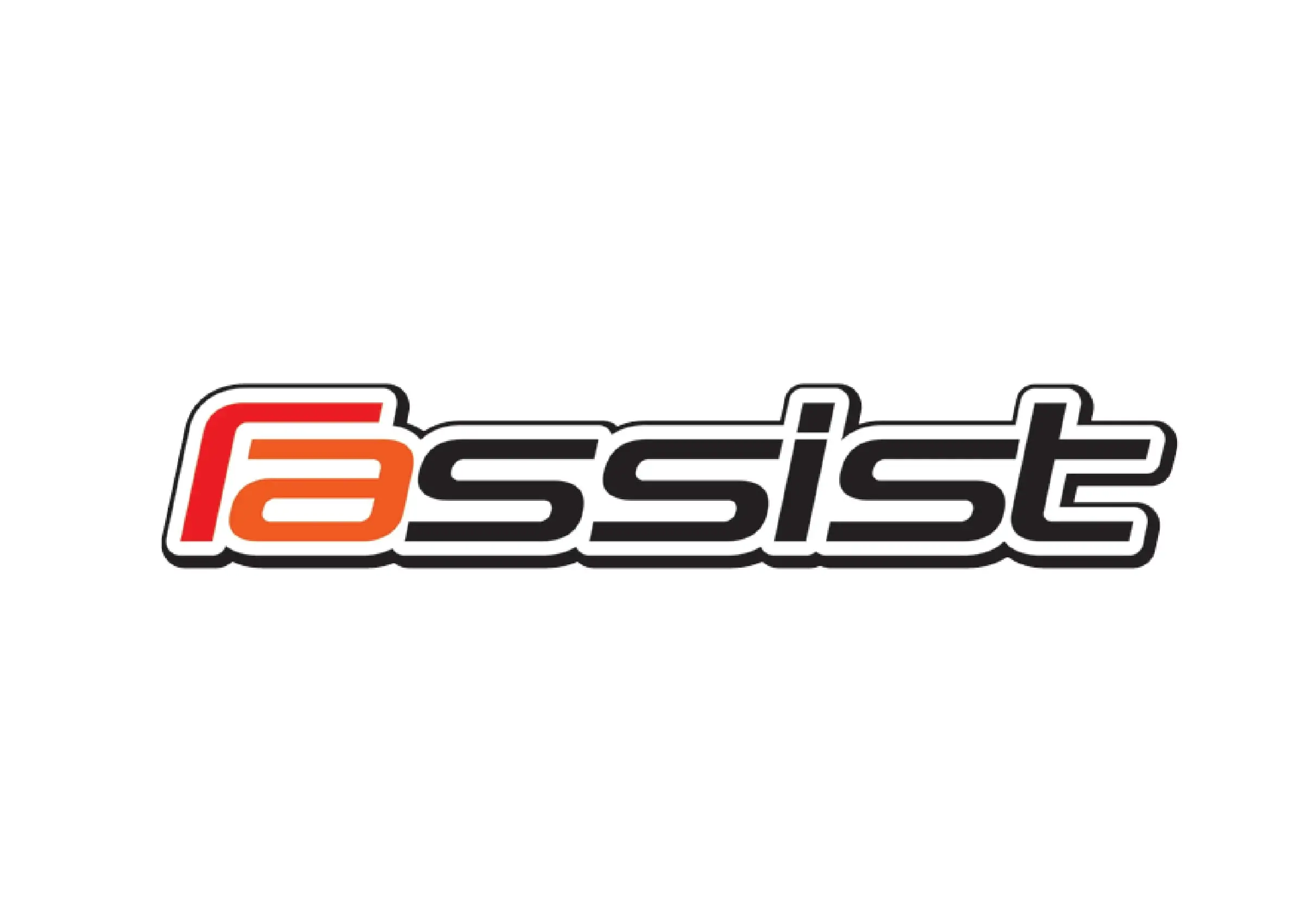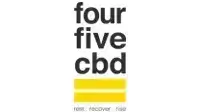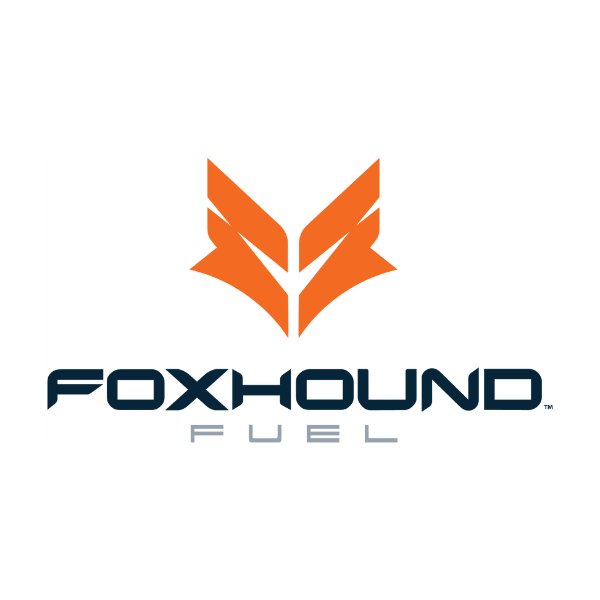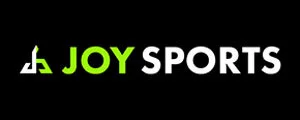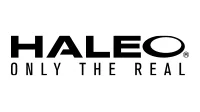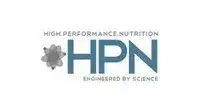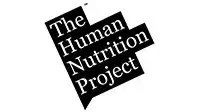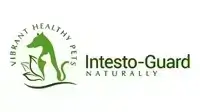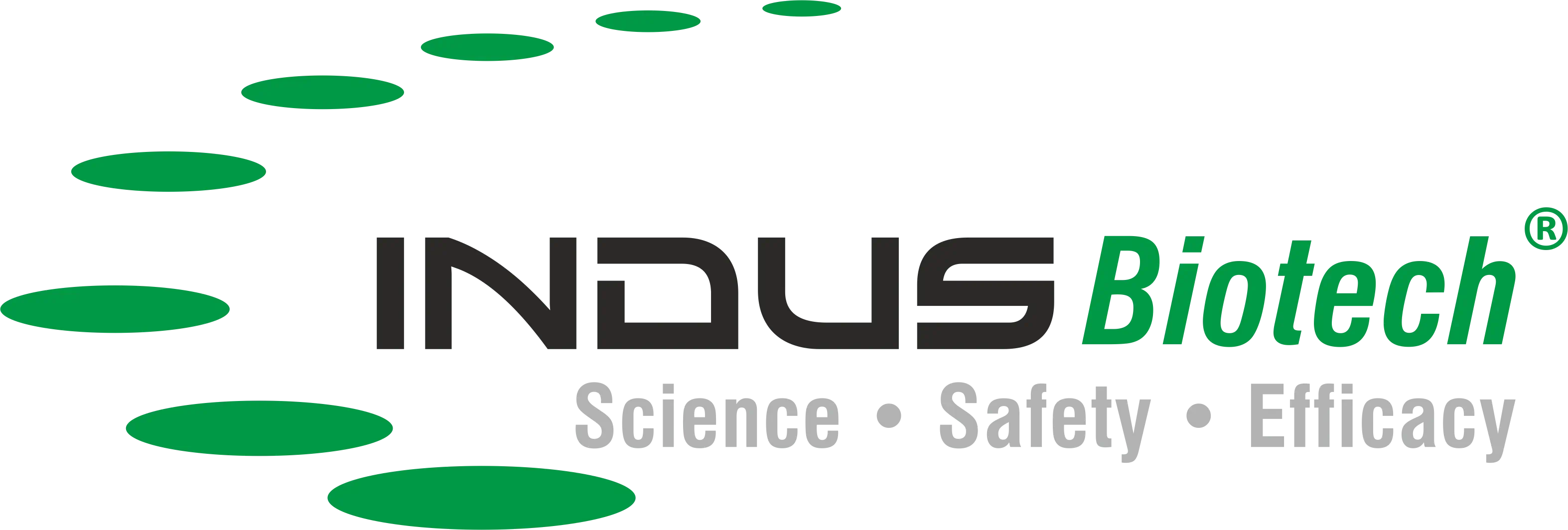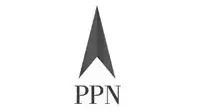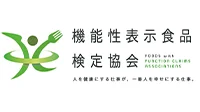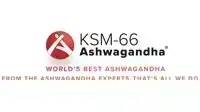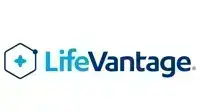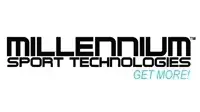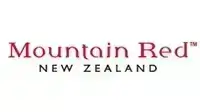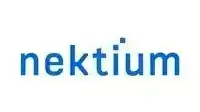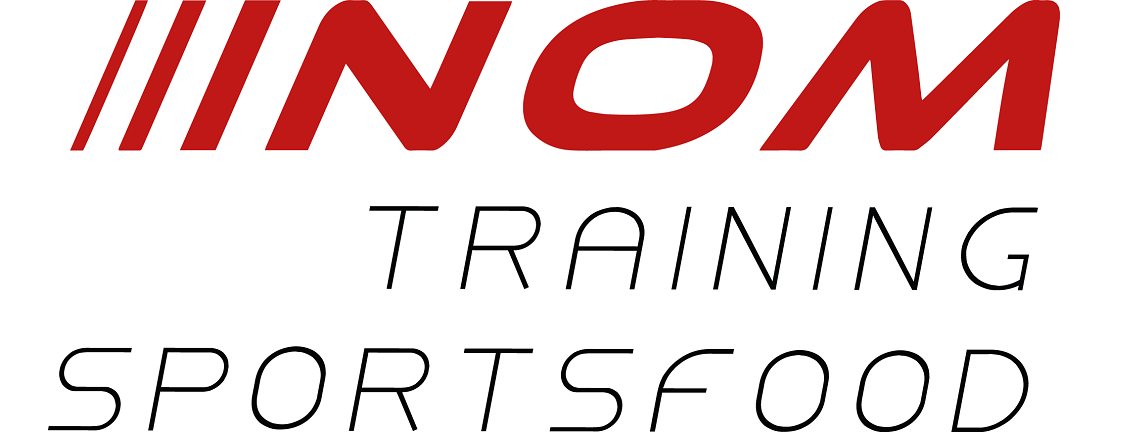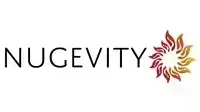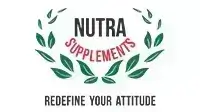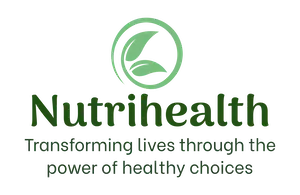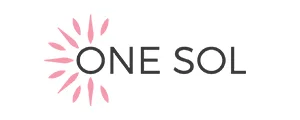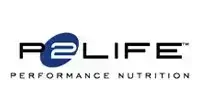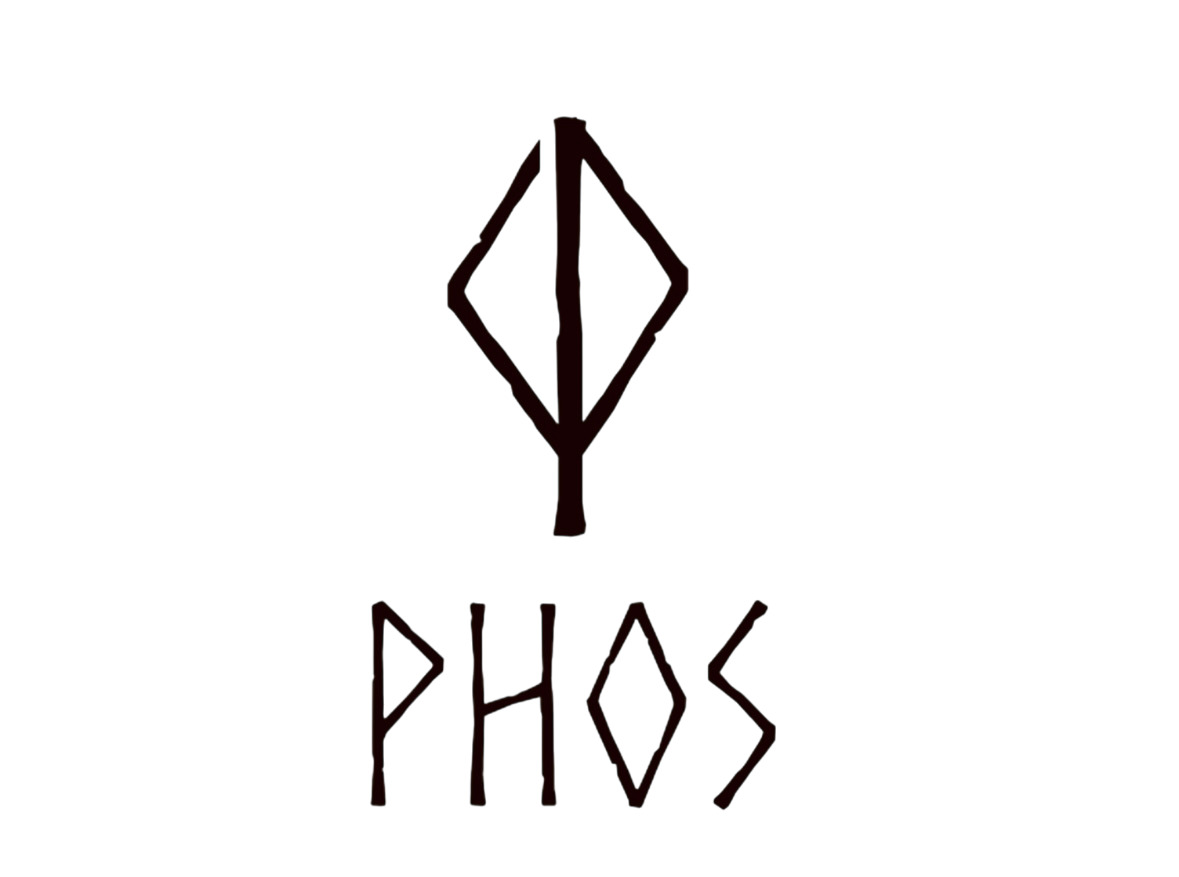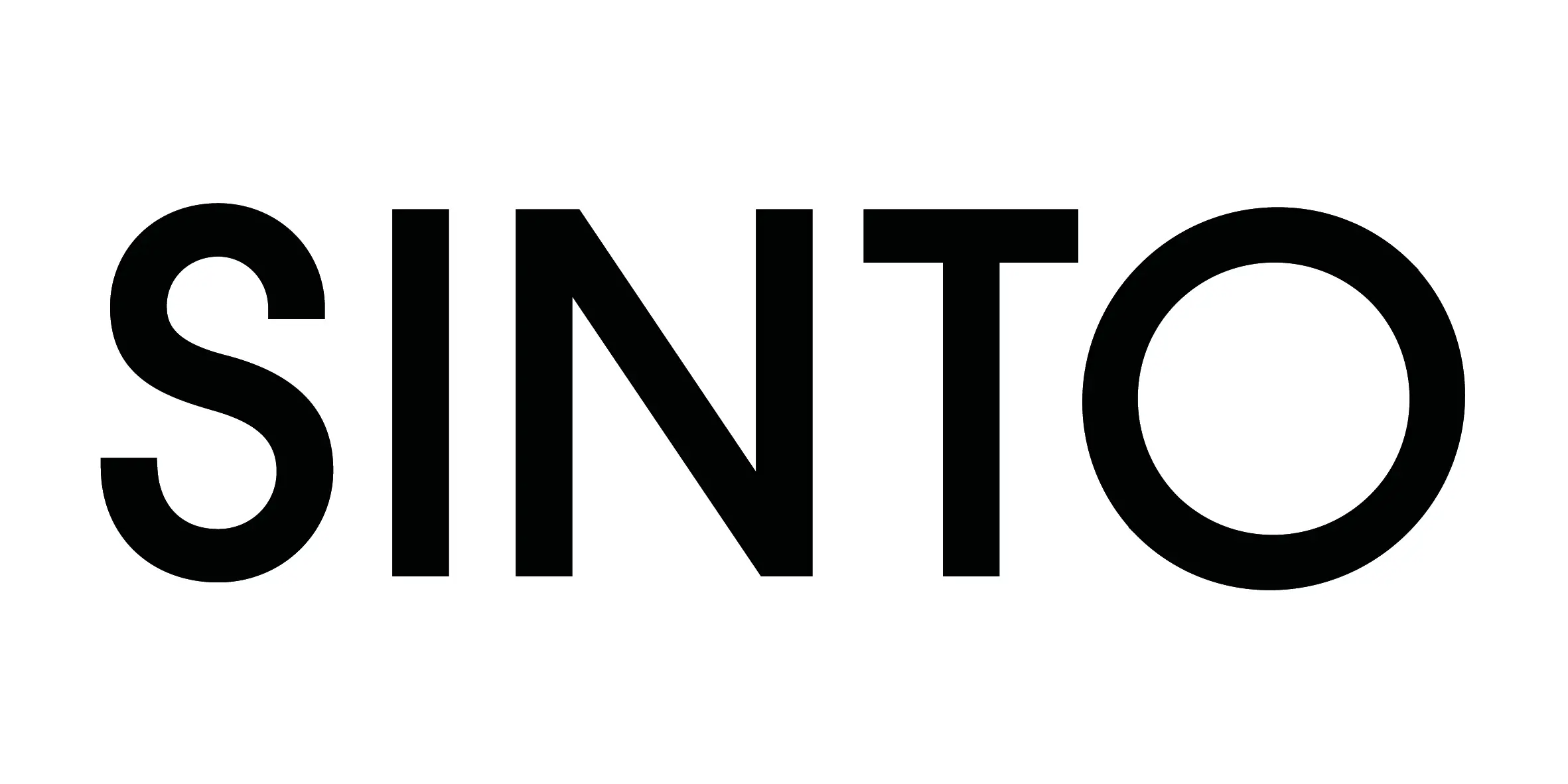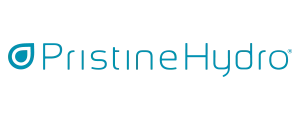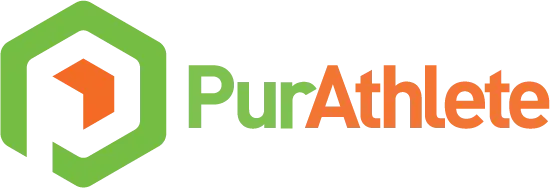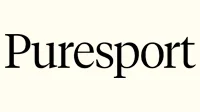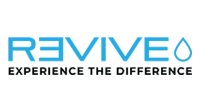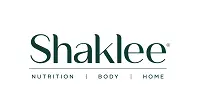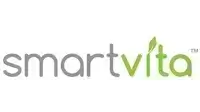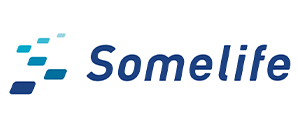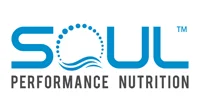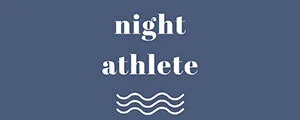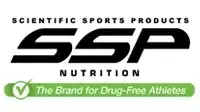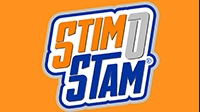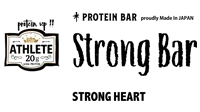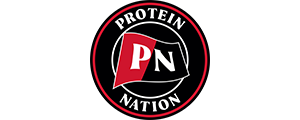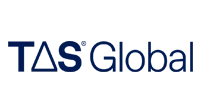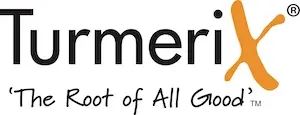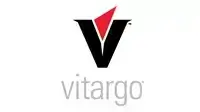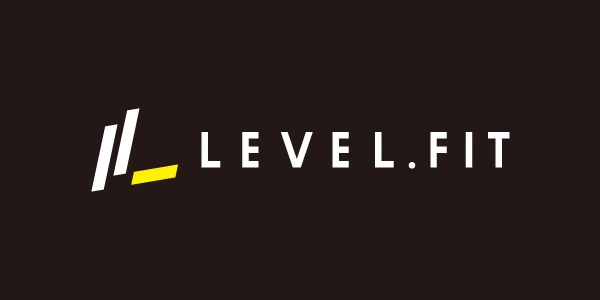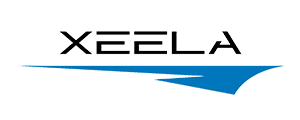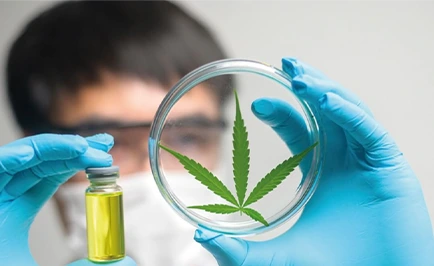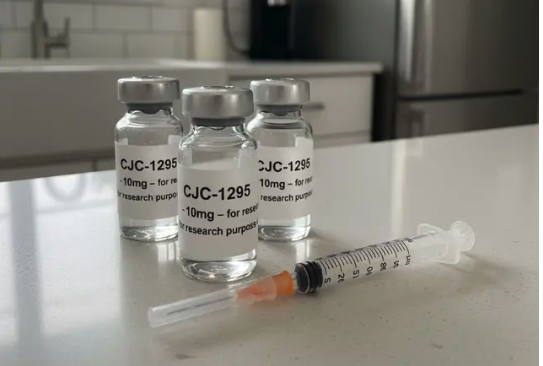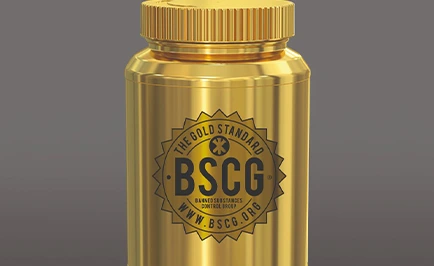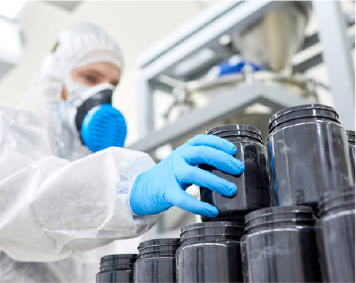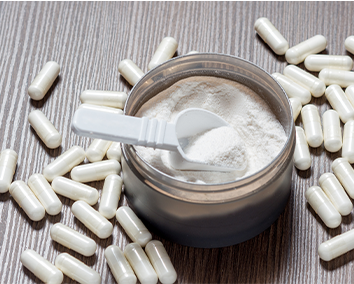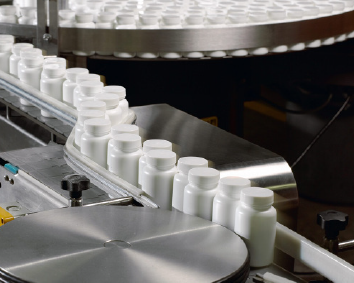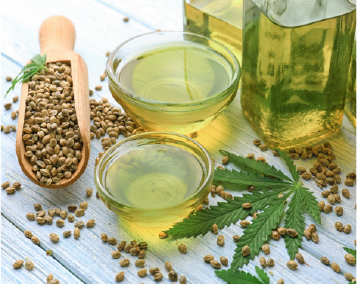Higenamine, a Natural Product Banned in Sport
Apr 30, 2018
Dietary Supplements and Banned Substances – A Case Study on Higenamine, a Natural Product Banned in Sport
Athletes should be allowed to focus completely on the sport at hand but instead they are frequently plagued with concerns over whether a dietary supplement, natural product, functional food, or medication they are taking will cause a positive drug test and derail their athletic career. The exercise of determining whether or not something is banned in sport can be extremely difficult. A perfect example of the challenge comes in the form of Higenamine, a natural product banned in sport.
Why is Higenamine a natural product banned in sport? This happens because of the philosophy and approach to creating banned substance lists and the use of catch-all language to cover substances that are related or similar to those on the list but are not named. Amazingly, in some environments like Olympic sport, Higenamine is interpreted as prohibited but does not actually appear on the list. So an athlete has to know how to interpret that such a compound is prohibited.
is a naturally present compound found in a number of different plant species including certain aconitum ( the napellus variety is shown at left), bamboo, poppy, lotus, and magnolia tree varieties. If derived from a natural source, it is a legal dietary supplement ingredient in the US, UK, EU and Canada. A , or biological effect. Since beta-2 agonists are banned by some sporting groups, Higenamine became prohibited based on the interpretation of the list language.
In the case of the various versions of catch-all language are used in the different prohibited categories. Some categories say that, ‘substances with a similar chemical structure or similar biological effect(s)’ are banned. Other categories use ‘including, but not limited to’ language to cover compounds that are not listed. Overall, WADA lists approximately 280 drugs on the Prohibited List but many more could be interpreted to be prohibited based on catch-all language. The extent of the interpretation is not known and is at WADA discretion.
Germane to Higenamine is the language in section S3 – Beta-2 Agonists of the WADA Prohibited List. It says, ‘All beta-2 agonists, including all optical isomers, e.g. d- and l- where relevant, are prohibited.’ This is very broad language that seems to include Higenamine by interpretation since at least one study shows that Higenamine has some beta-2 agonist activity.
Meanwhile, the NCAA takes a similar approach to prohibiting drugs by category, but they include a much smaller list of examples. The list includes a note that, ‘Any substance that is chemically related to the class, even if it is not listed as an example, is also banned.’ They go on to note, ‘There is NO complete list of banned substances,’ and ‘It is your responsibility to check with the appropriate or designated athletics staff before using any substance.’
In the NCAA they actually include Higenamine, and its alternate nomenclature Norcoclaurine, as examples of beta-2 agonists along with traditional pharmaceutical beta-2 agonists like Salbutamol. Under the NCAA list language anything that is chemically related to Higenamine could also be considered banned, even if the related substances have not shown activity as a beta-2 agonist. There are many . So, by interpretation, Higenamine and a variety of other compounds could potentially be banned in the NCAA.
If you look at the situation in professional sport taking MLB as an example, the situation with Higenamine gets even more interesting. A review of the unveils that MLB does not appear to prohibit beta-2 agonists. Beta-2 agonists are not mentioned as a prohibited category. MLB does stipulate that ‘the following is a non-exhaustive list of substances that shall be considered prohibited,’ but without mentioning beta-2 agonists as a category it is hard to imagine these would be interpreted to be banned. No beta-2 agonists are included in the MLB list as examples.
In golf, soon to make its return to the Olympics in Rio after 112 years of absence, the consideration of whether Higenamine is banned is of particular interest. It turns out that both the PGA and LPGA follow the MLB example and do not prohibit the category of beta-2 agonists. The lists do have catch-all language like others, but with the category not being mentioned the catch-all language is not likely to cover beta-2 agonists. So, it appears that beta-2 agonists are not prohibited in professional golf.
Now imagine you are a golfer progressing from the NCAA to the PGA or LPGA and now have the opportunity to play in the Olympics and are subject to WADA rules. In the NCAA, Higenamine is explicitly prohibited, in professional golf it appears not to be prohibited, while at the Olympics Higenamine appears to be prohibited by interpretation. Got that straight?
Not to confuse things further, but we should point out that in our view Higenamine would actually be more appropriately prohibited as a stimulant not a beta-2 agonist. Higenamine typically appears in pre-workout stimulant supplements as a replacement for previously popular ingredients like DMAA, or methylhexaneamine, which was first banned in sport in 2009 classified as a stimulant. If someone were to consider Higenamine as a stimulant then the compound could be considered banned in professional sports like MLB, or golf under the catch-all language for stimulants. As you can see it all comes down to interpretation.
The question of whether Higenamine was prohibited by interpretation was challenged recently when a for it prior to the 2016 Europa League Final. He was originally sanctioned but the sanction was lifted after the player successfully argued that there was an absence of negligence because Higenamine was not on the list of banned substances despite the category being banned. Whether this argument would prove to be a successful defense in other situations where the WADA list language is relevant is not known. WADA is reviewing the case.
As you can see, whether or not Higenamine is banned in sport is quite an interesting question. In WADA, it is not listed as a prohibited substance but is interpreted to be a beta-2 agonist and has led to positive drug tests. In the NCAA, Higenamine appears as an example of a prohibited beta-2 agonist, even though it is technically not chemically related to other pharmaceutical beta-2 agonists like salbutamol. Finally, in MLB, PGA, or the LPGA, Higenamine does not appear to be prohibited unless it is interpreted to be a stimulant as we would argue it could be.
Higenamine, a natural product banned in sport, is a good example of the challenges athletes and others face when trying to interpret whether natural products or supplement ingredients are prohibited. Do not try this at home!
We encourage athletes not to make such interpretations without the assistance of a qualified expert. We are happy to review products for athletes or their personnel anytime. We also recommend that athletes consider products that have been certified to be free of banned substances in sport by a third-party. We proudly offer certification under the BSCG banner.
